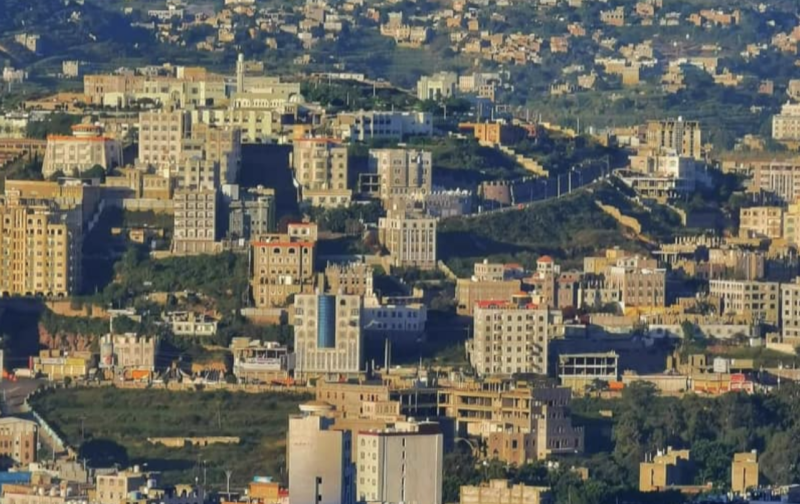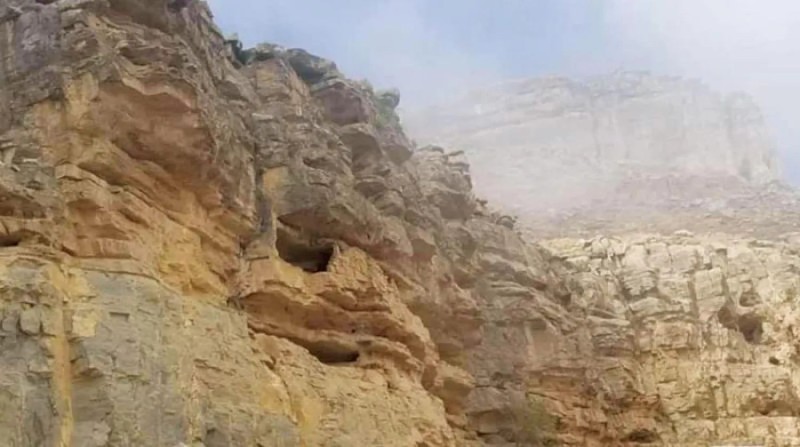Yemen's Houthi rebels: What's next?


It is almost three months since the Houthis, a Shiite rebel group, stormed into Yemen's capital Sana'a, seized government buildings and forced the prime minister to resign.
Today, the rebels from northern Yemen were at the negotiating table as Jamal Benomar, the UN diplomat who brokered the deal that ended President Ali Abdullah Saleh's 33-year rule after mass protests in 2011, attempts to heal the political rifts that threaten to pull the country apart.
Chief among those divisions is the rivalry between the Houthis, a predominantly Shiite movement backed by Iran, and Islah, Yemen's Sunni Muslim Brotherhood, who after taking part in the campaign against Saleh secured half the seats in the cabinet.
The two groups had a brief but bloody encounter in September when the Houthis entered Sana'a and chased some of Islah's leading figures, including powerful army general, Ali Mohsen al-Ahmer, out of the country.
So far, the negotiations have been fraught. A major sticking point between the two sides has been the Houthi's refusal to dismantle checkpoints and military positions they set up in the capital.
As long as the Houthis and Islah remain at odds, the fruit of the 2011 uprising - a transition agreement promising elections and a new constitution - is at risk of collapse.
ME Eye
Ibb — Local sources reported on Saturday that two young girls were killed and a third injured when a construction crane’s load fell in…

Aden — The Food and Agriculture Organization of the United Nations (FAO) has announced that it requires more than $86 million to fund its hum…

Paris — Yemen’s Ambassador to UNESCO has announced the official inclusion of seven Yemeni archaeological sites under the organization&r…